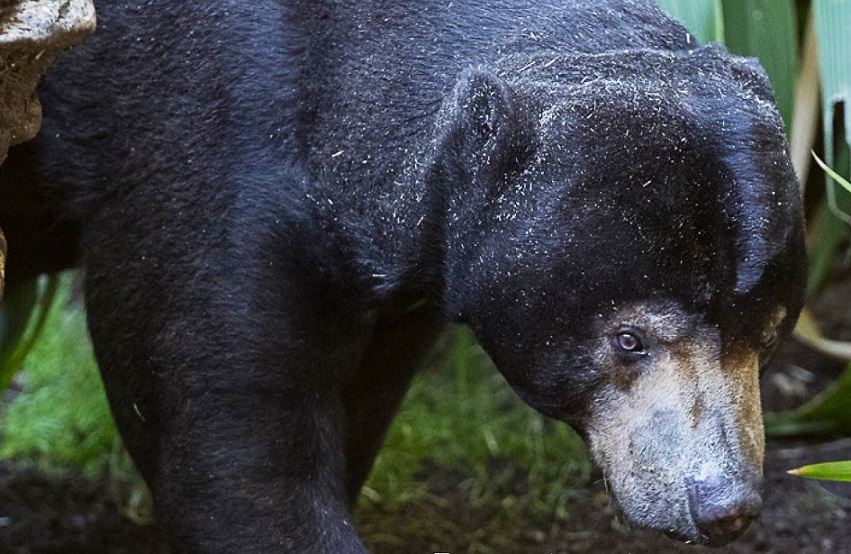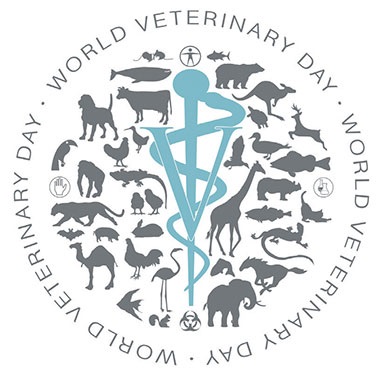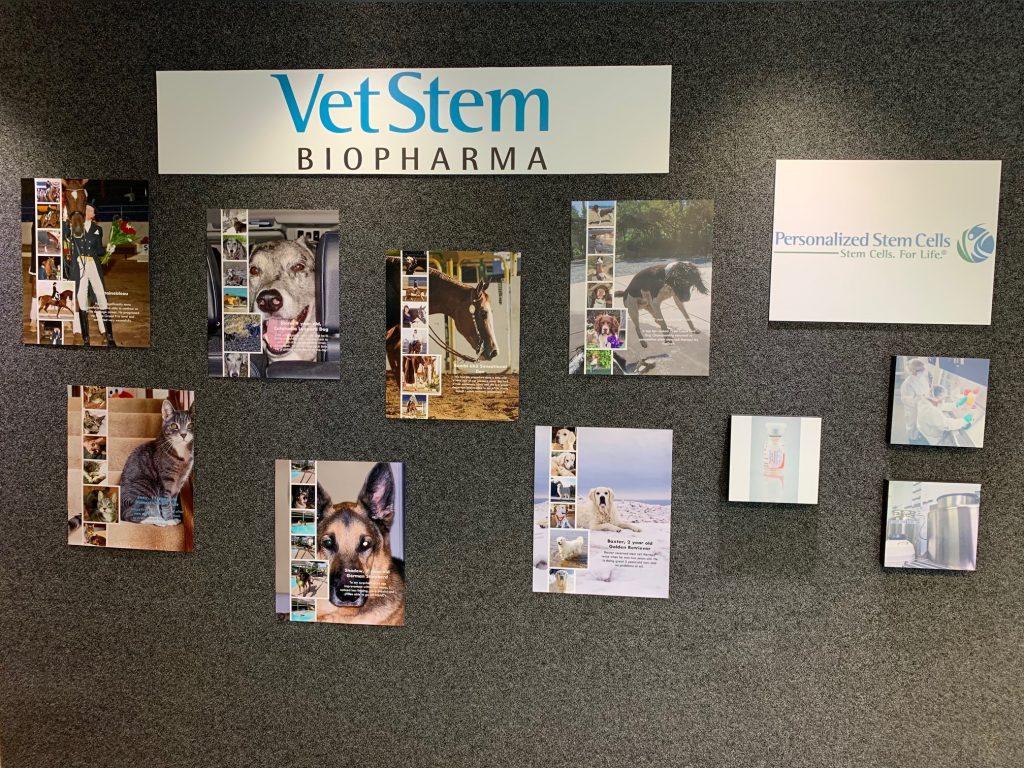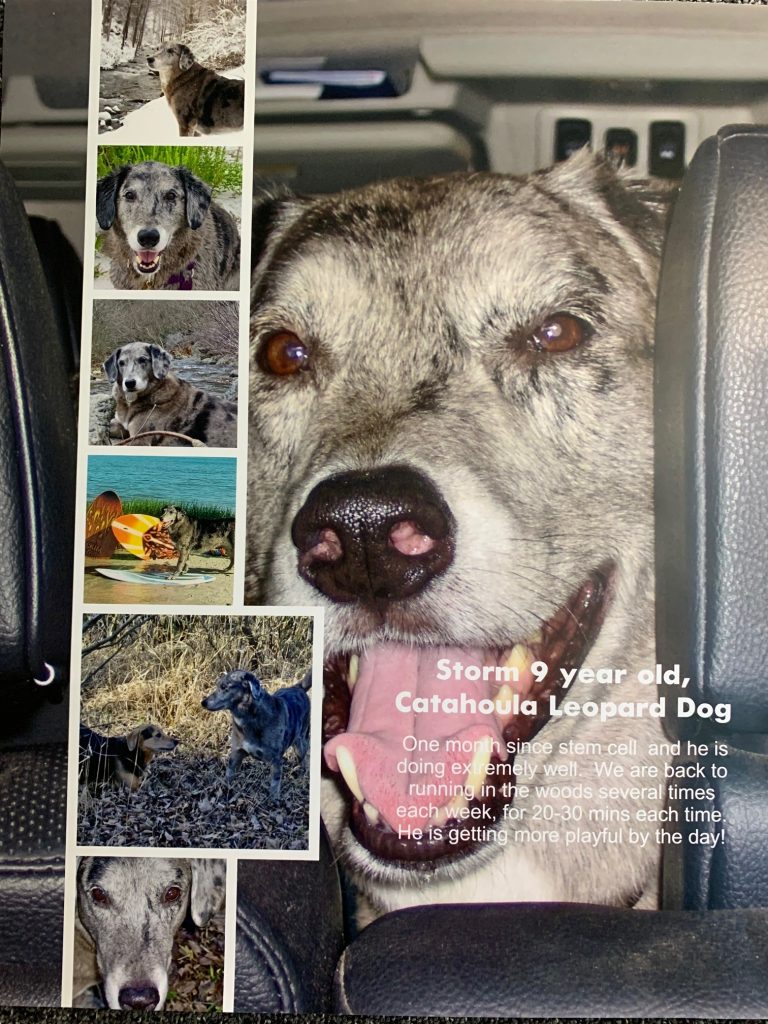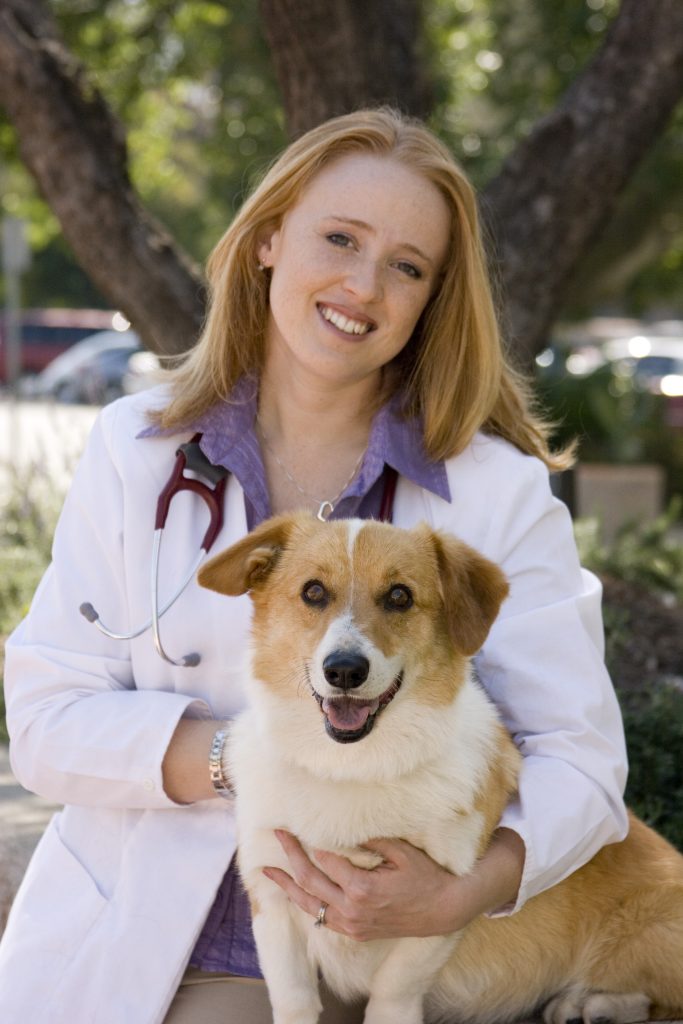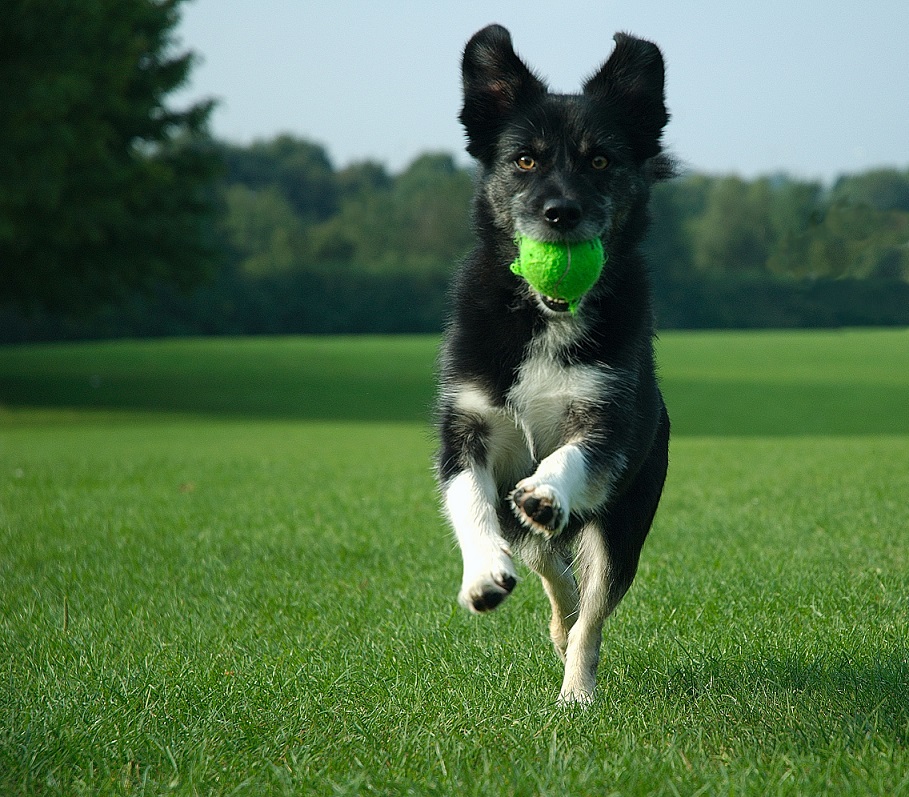An Update Regarding Pets and COVID-19
In a recent blog, we discussed animals from around the world who tested positive for COVID-19. To summarize, the number of positive cases were few and all shared one commonality: they were in close contact with a human caregiver/owner who was infected with COVID-19. Of the small number of cases, even fewer showed clinical signs. While one 17-year-old dog passed away, it was presumed that he died from ongoing health issues and other age-related concerns. The rest of the animals recovered, or were expected to recover, without incident. According to the CDC, “Based on the limited information available to date, the risk of animals spreading COVID-19 to people is considered to be low.”
Lion at the Bronx Zoo
In the weeks since that blog was published, a small number of new cases have been reported. As reported in the previous blog, the first case that was confirmed and reported in the United States was a tiger at the Bronx Zoo. The tiger, along with several other large cats, developed a dry cough and reduced appetite. One of the affected large cats, a lion, was tested a few weeks after the tiger and tested positive for COVID-19. It is believed that the animals were infected by a human caregiver who did not have symptoms but was actively shedding the virus. The affected cats are reported to be recovering well and no other animals at the zoo have shown symptoms.
Two Cats in New York
In addition, two domestic cats in New York have now tested positive for COVID-19. The cats were from different households and cities and both showed symptoms of respiratory disease. One cat lives in a household with an owner who has COVID-19 and a second cat that has had no clinical signs of illness.
The second cat to test positive for COVID-19 in New York is an indoor/outdoor cat. The cat does not live with an owner who has a confirmed case of COVID-19. It is suspected that this cat contracted COVID-19 from an owner who was asymptomatic or from contact with the virus outside of the home.
Pug in North Carolina
Making headlines recently was a pug in North Carolina who showed symptoms of respiratory disease and tested positive for COVID-19. The pug’s human family all have COVID-19 however another dog and a cat in the same house were negative. His owners stated, “(The dog) licks all of our dinner plates and sleeps in my mom’s bed, and we’re the ones who put our faces into his face. So, it makes sense that he got (coronavirus).” Confirmatory testing is still being conducted at USDA’s National Veterinary Service Laboratory. If those tests are confirmed, the case will be reported to the OIE – the World Organization for Animal Health. Winston, the pug, is already doing better.
The number of animals who have tested positive for COVID-19 remains low, thus the CDC does not currently recommend routine testing. If your pet is exhibiting symptoms of infection, call your veterinary provider. If you or a family member is sick, the CDC recommends you avoid contact and practice cleanliness when interacting with your pets. The CDC also recommends keeping cats indoors and dogs on leashes, avoiding interaction between your pets and other pets/humans, and avoiding places like dog parks and other areas where people and dogs gather.

